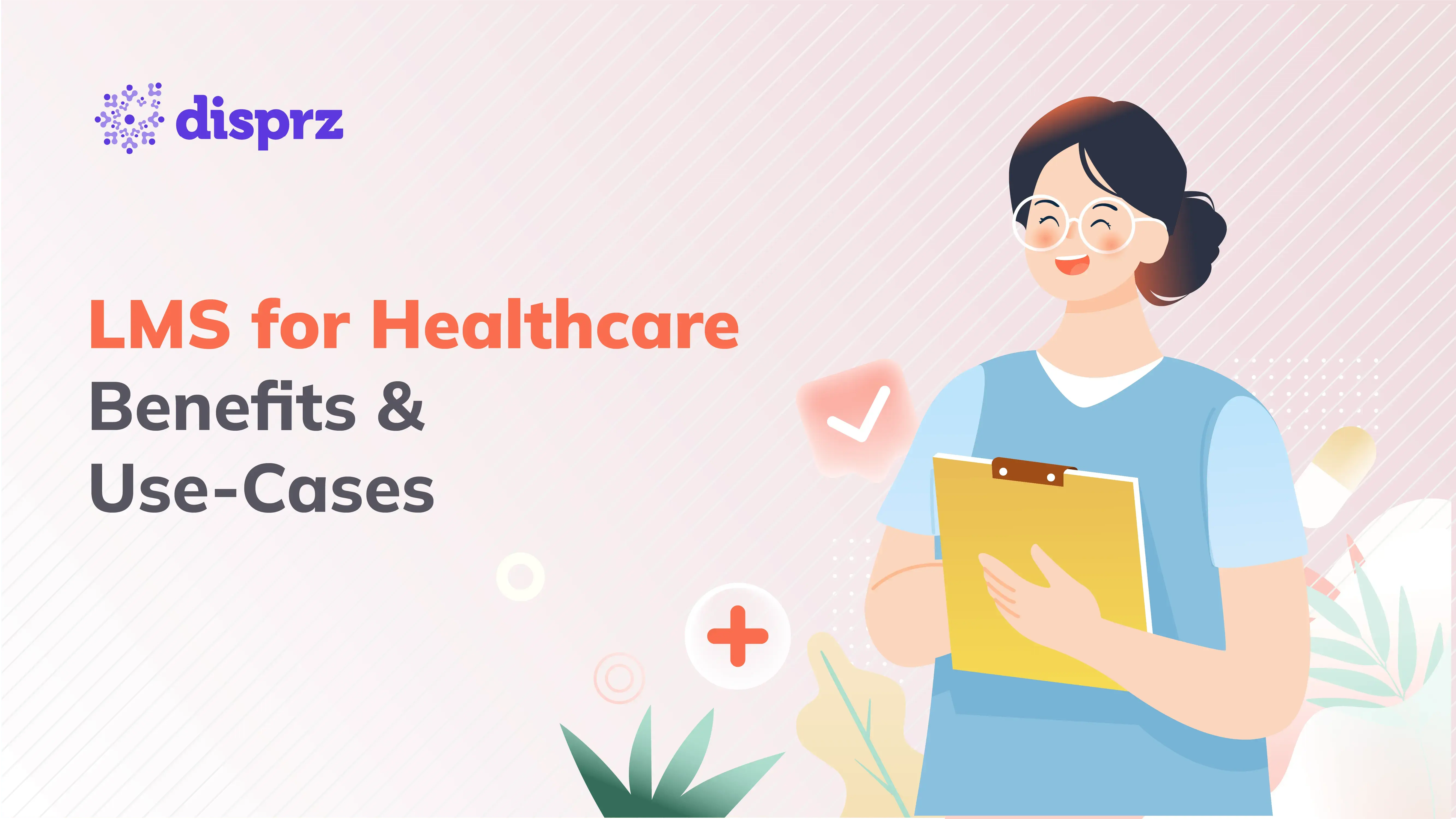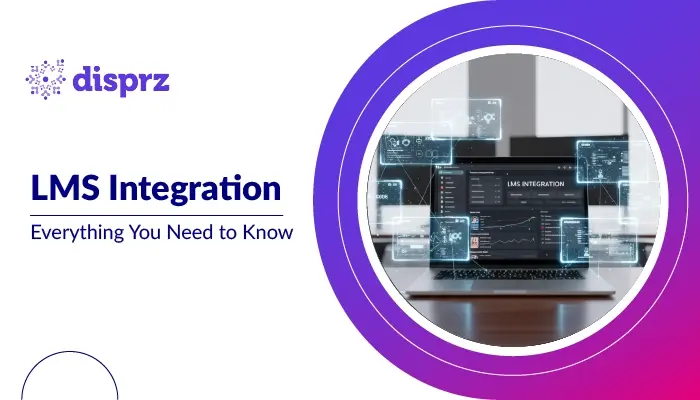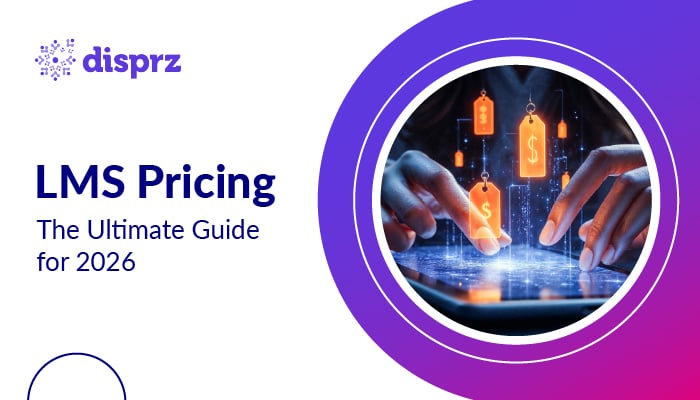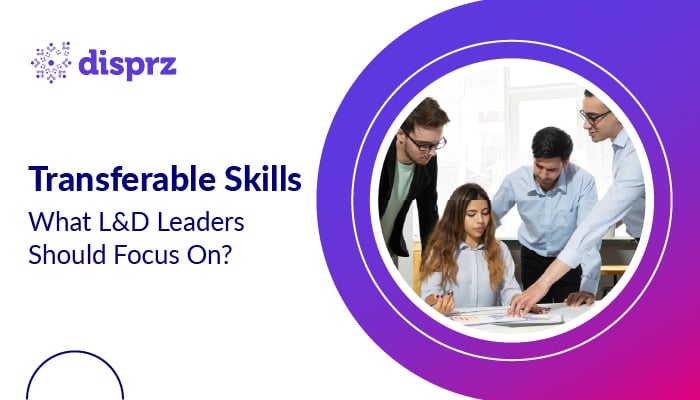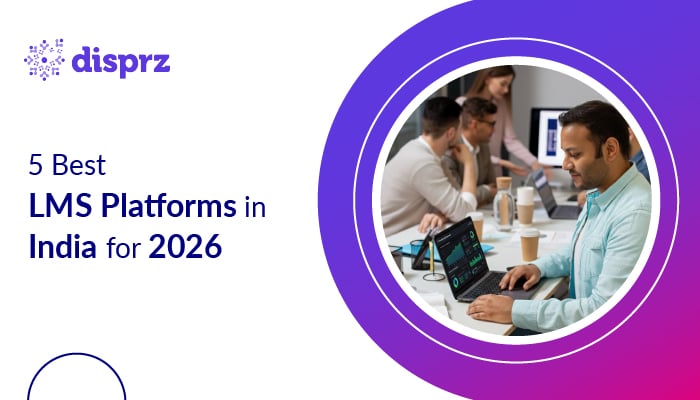Industries like SaaS and the gig economy are well-known for leveraging learning management systems (LMS) to enhance training and reduce time to value. Now, healthcare is increasingly adopting LMS technology to onboard and upskill employees, including nurses, doctors, and sales personnel.
Healthcare LMS Market Size & Trends
The healthcare LMS market is expected to surpass US$3.5 billion by 2030, growing at a compound annual growth rate (CAGR) of approximately 22%. The healthcare industry evolves rapidly. For instance, healthcare employment is projected to grow by 16% between 2020 and 2030, much faster than other industries. Additionally, the global healthcare market, currently worth over US$4 trillion, is expected to approach US$7 trillion by 2025.
What is a Healthcare LMS?
A healthcare LMS, or healthcare learning management system, is a platform used by hospitals, medical practices, and health tech firms to train staff. It enhances healthcare professional's knowledge, skills, and awareness, ensuring compassionate care and effective handling of critical situations.
The healthcare LMS covers best practices, technology, compliance, standards, guidelines, and essential skills like communication and decision-making for all healthcare employees from nurses and doctors to receptionists and department heads.
What makes Healthcare LMS unique vs. Traditional LMS
Healthcare learning management system solutions are crucial in modern healthcare, facilitating the training of medical professionals, support staff, and administrators. These platforms deliver, manage, and track learning content tailored to healthcare needs, enhancing patient care and staff skills.
Compliance and Regulatory Requirements
The healthcare industry is subject to stringent regulations from agencies like HIPAA (Health Insurance Portability and Accountability Act) and OSHA (Occupational Safety and Health Administration). Healthcare LMS systems are crucial in ensuring staff are trained and certified to meet these standards, thereby minimizing the risk of non-compliance penalties and patient data breaches.
Addressing Skills Gaps and Training Needs
Furthermore, a report by the Association of American Medical Colleges underscored notable shortages across multiple healthcare professions, such as nurses, physicians, and allied health workers. Healthcare LMS empowers organizations to address these gaps by offering tailored training programs that enhance the skills of current staff and facilitate the onboarding process for new hires.
Improving Patient Safety and Quality of Care
There is a clear link between the knowledge levels of healthcare professionals and patient outcomes. Through the provision of standardized and easily accessible training modules, LMS for healthcare plays a crucial role in advancing patient safety, mitigating medical errors, and elevating the overall quality of care.
Affordable Training Alternatives
Conventional healthcare training methods, like onsite workshops and conferences, often entail significant costs and time commitments. Healthcare LMS provides a budget-friendly option, enabling organizations to administer training, reduce travel costs, and expand their learning initiatives.
Monitoring and Assessing Progress
Armed with robust tracking and reporting capabilities, healthcare LMS empowers administrators to monitor learners' progress, evaluate competency levels, and pinpoint areas requiring improvement. Real-time analytics offer valuable insights into training efficacy, aiding custom software development outsourcing companies in refining their learning content for optimal impact.
Benefits of Healthcare LMS
Let’s explore the myriad benefits associated with the implementation of an LMS for healthcare.

Standardized Training Throughout the Organization
With a healthcare LMS, organizations can centrally deliver standardized training content and protocols to all personnel, ensuring uniformity in knowledge acquisition and skill enhancement. Most healthcare LMS platforms also contribute to error reduction and enhance patient safety.
Flexibility and Accessibility
A healthcare LMS offers flexible training delivery, accommodating the demanding schedules of healthcare professionals. Accessible anytime, it empowers physicians, nurses, and administrative staff to learn at their own pace, promoting engagement and motivation.
Custom Learning Paths
Healthcare LMS enables personalized training paths tailored to various roles in the healthcare sector. Individualized modules ensure relevant skill enhancement, directly impacting job performance and overall efficiency.
Real-Time Tracking and Reporting
Healthcare LMS provides real-time monitoring and reporting tools for staff training. Administrators can track completion rates, identify improvement areas, and ensure compliance training, facilitating proactive management of workforce development.
Cost-Effective Training
Healthcare LMS drastically reduces training costs by offering a digital platform for delivery, eliminating expenses like printed materials and venue rentals. Additionally, reusable and updatable digital content ensures ongoing relevance without extra expenses.
Regulatory Compliance
Healthcare LMS ensures alignment with industry standards and regulations, mitigating the risk of non-compliance. This proactive approach minimizes legal risks and promotes ongoing improvement in patient care.
Enhanced Patient Care and Safety
The implementation of a healthcare LMS fosters superior patient care and safety. Well-trained healthcare professionals are adapt at managing complex scenarios and adhering to best practices, ensuring optimal care quality and positive patient outcomes.
Use Cases of Healthcare LMS
What are the precise ways in which the industry can utilize LMS solutions to enhance healthcare results?

Clinical Training
This primarily focuses on providing healthcare professionals, such as doctors, nurses, and surgeons, with essential training to enhance patient outcomes. This training encompasses various areas such as workplace safety, compliance, device utilization, and best practices. For instance, hospitals can utilize healthcare LMS solutions to train doctors on telehealth platforms, while surgery centers can employ this technology to train staff on new COVID-19 protocols or cultural sensitivity standards, ensuring the delivery of optimal care.
Beyond improving patient outcomes, clinical training also contributes to staff retention; well-trained healthcare professionals (HCPs) feel valued, stay engaged, and tend to perform better, ultimately leading to enhanced retention rates which is especially a critical factor in the healthcare sector, given the industry high turnover rate of healthcare common procedure coding system (HCP) and current challenges with the "great resignation".
Medical Product and Device Training
While clinical training primarily targets HCPs, medical product, and device training is tailored for sales and customer-facing teams reliant on product knowledge to enhance sales and customer experiences. This type of training may involve courses demonstrating the features and benefits of new medical devices, such as artificial cardiac pacemakers, or training teams on the ideal customer persona (ICP) and effective selling techniques, especially in the context of digital-first selling.
With many sales teams transitioning to remote work, the importance of product and device training has heightened, as traditional in-person training sessions pose logistical challenges. Healthcare learning technology addresses this by providing accessible resources for sellers anytime, anywhere.
Healthcare LMS: Improving Patient and Business Outcomes
The healthcare landscape is evolving rapidly, with new technologies and regulations shaping the industry's future. Amidst these changes, healthcare organizations recognize the critical role of training in maintaining quality care and compliance. An LMS for healthcare serves as a centralized hub for delivering essential training content, ensuring that staff members are equipped with the latest knowledge and skills. By investing in customized learning solutions, healthcare providers can stay ahead of industry trends, improve patient outcomes, and foster a culture of continuous learning and improvement.
Conclusion
Investing in a robust healthcare LMS is essential for modern healthcare. As digital transformation and regulatory demands grow, a dedicated healthcare LMS provides the necessary training, flexibility, and compliance. Disprz LMS meets these challenges, by offering tailored, accessible training solutions. By using Disprz, healthcare organizations can enhance patient care, improve staff retention, and maintain high standards of safety and efficiency. Embrace Disprz to stay ahead in the evolving healthcare landscape and achieve superior patient and business outcomes.



